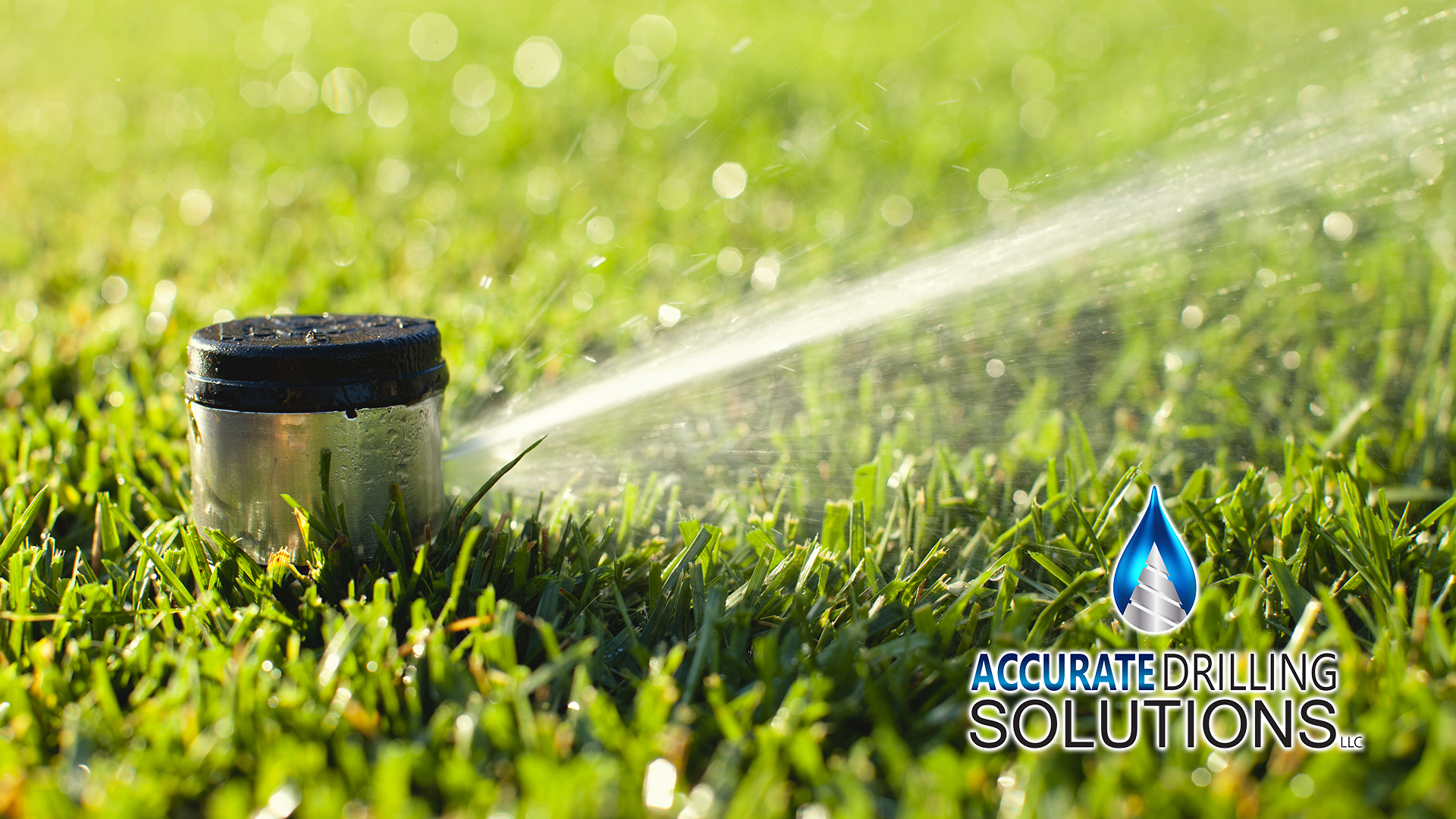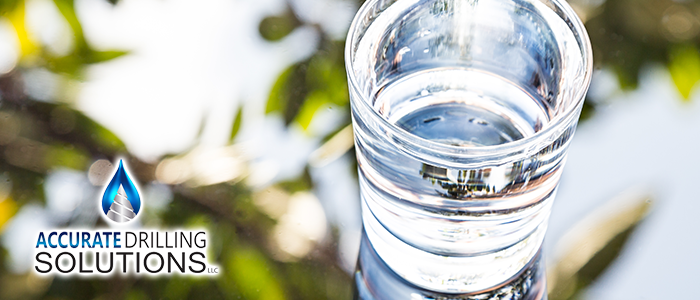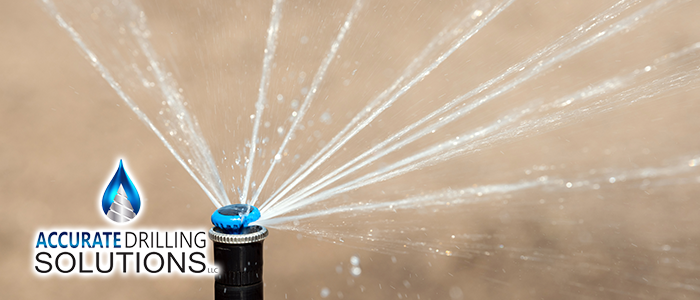
Irrigation is a source of confusion or frustration for many homeowners, usually because they misunderstand of how irrigation works. But don’t worry, we’re here to take you back to basics with Irrigation 101.
Read on to learn how irrigation benefits you and what your options are when it comes to irrigation systems with our Irrigation 101.
How Irrigation Systems Help You
The number one advantage for many homeowners is that irrigation systems help them save time! It’s much easier than hand watering an entire lawn, or fighting Florida-typical conditions to keep your garden alive. Instead of walking around with a hose, a sprinkler system can take care of your entire yard with the flip of a switch. You can even install a timer, so your lawn effectively waters itself.
A system is also more effective than a human is. Work with your contractor to design an irrigation system that works for you. Sprinklers provide more even and consistent coverage than a person does. You can also control the density of your sprinkler heads. If certain plants need more or less water than average, you can easily adjust how much they are getting. Simply add more or remove sprinklers in certain areas, and the problem is solved!
Irrigation systems, if used properly, can be incredibly eco-friendly. Start by figuring out how much water your plants need. Oftentimes, this information can be fond online. Then, use the flow rates of your sprinkler heads to see how long you need to water your lawn every day.
Types of Irrigation Systems
There are a few different ways to classify irrigation systems. We will explore two different types of classification. If you have further questions, do not hesitate to contact us!
-
Commercial vs. Residential Irrigation
Residential irrigation systems are designed to sustain the property around a single-family home. If you live in the suburbs in Florida, a residential system will likely work for you. Oftentimes the homeowner controls when the sprinklers are on, though you can add a timer.
Commercial irrigation systems cover a much larger grid than residential systems do. They usually operate on a zoning system. So one quarter of the property is watered on Monday, one quarter is watered on Tuesday, and so on. Commercial systems are nearly always on a timer, and thus usually require less upkeep.
-
Pump vs. Metered System
A pump system contributes water to your irrigation system from an unchanging, often natural source. This can be from your private water well, linked to an aquifer, or a body of water like a pond or lake. Unless your home is running on water from a private well, a pump system cannot be tied into existing water lines. Pump systems are not charged on a monthly water bill because they are not using the municipal source.
On the other hand, a metered system depends on existing lines. The metered system is more common than the pump system. It pulls water from the same municipal waterlines that your home pulls from. Metered systems are monitored just like the rest of the water you use in your home. You do have to pay for the water you use on a metered system.
continue reading
Related Posts
St. Petersburg’s Guide to Sustainable Water Solutions In coastal communities
Brooksville Well Water Quality: What You Need to Know For
Haines City: New Year Well System Maintenance Guide The start






